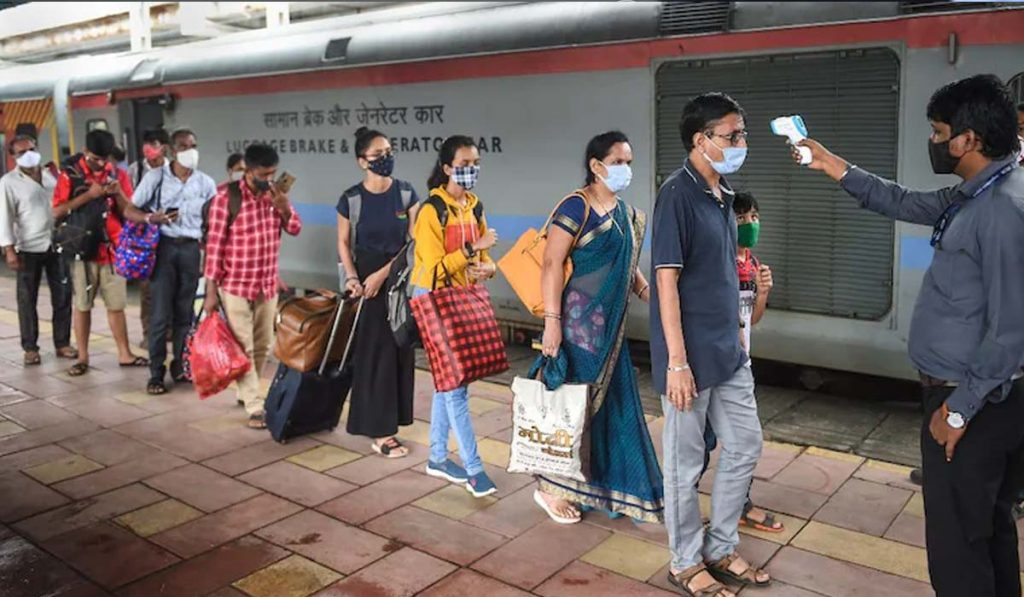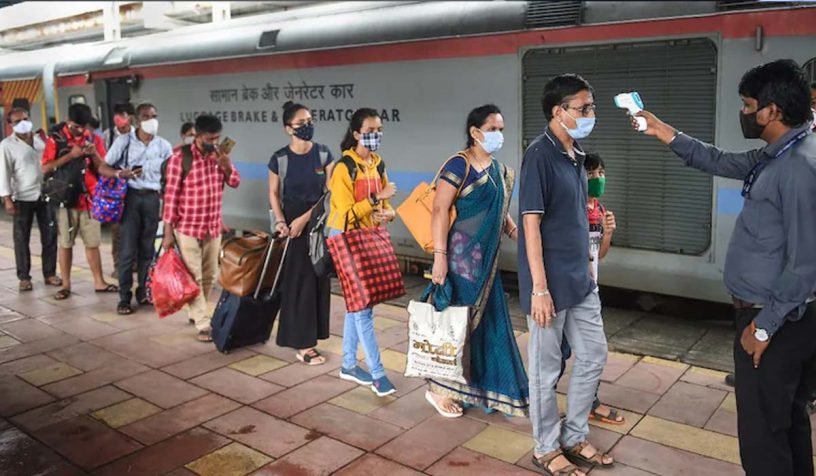
In this article, the researchers present a case study drawing on systems thinking and complexity theory, outlining how the city of Mumbai has responded to COVID-19.
Authors:
Maren Duvendack, University of East Anglia, Norwich, UK.
Lina Sonne, Associate Professor, Jindal School of Liberal Arts & Humanities, O.P. Jindal Global University, Sonipat, Haryana, India.
Summary
COVID-19 has severely impacted the society not only in terms of health but also in terms of economic survival of individuals. Unless adequate support is provided, the pandemic will have long-lasting effects, especially on the lives of the most vulnerable, often working in the informal sector.
In this article, the researchers present a case study drawing on systems thinking and complexity theory, outlining how the city of Mumbai has responded to COVID-19. We find a multifaceted scenario where non-profit organizations, businesses and citizen volunteers operate alongside government bodies to support Mumbai’s population to overcome this pandemic.
The researchers provide broader policy lessons, as well as more specific lessons in relation to particular actors, from the first wave of the pandemic stressing the importance of becoming ‘systems thinkers’ and highlighting the importance of forming new partnerships and exploring new modes of knowledge sharing to effectively respond to crises.
Published in: Progress in Development Studies, Sage, USA.
To read the full article, please click here.


